Burke & Anglo-American Conservatism
Explore the Anglo-American conservative political tradition through the writings of Edmund Burke.
Summer 2018
Washington, DC
During this week, students will explore the Anglo-American conservative political tradition through the writings of Edmund Burke (1729–1797). Like classical liberalism, this tradition favors limited government, property rights, and individual liberty. But unlike classical liberalism, it is empiricist and regards successful political arrangements as developing through an unceasing process of trial and error. As such, it is deeply skeptical of claims about universal political truths, and provides support for traditional institutions such as the biblical religion, the family, and the national state.
Students will consider the historical and philosophical differences between these two major political traditions, conservative and liberal. They will explore the emergence of Anglo-American conservatism and its conflict with liberalism, as a basis for drawing political distinctions that are highly relevant for our own political context.
Image: William Hogarth, The Polling, from The Humours of an Election series, 1755
Yoram Hazony on nationalism and conservatism
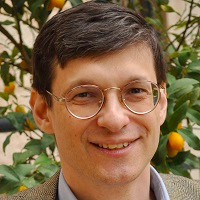
Yoram Hazony is an Israeli philosopher, Bible scholar, and political theorist. He is President of the Herzl Institute in Jerusalem, and Director of the John Templeton Foundation’s project in Jewish Philosophical Theology. His books include The Virtue of Nationalism and The Philosophy of Hebrew Scripture.

Yoram Hazony is an Israeli philosopher, Bible scholar, and political theorist. He is President of the Herzl Institute in Jerusalem, and Director of the John Templeton Foundation’s project in Jewish Philosophical Theology.
He is founder and past President of the Shalem Center in Jerusalem, now Shalem College. His books include The Virtue of Nationalism, The Philosophy of Hebrew Scripture, The Jewish State: The Struggle for Israel’s Soul, and God and Politics in Esther. His work has appeared in publications such as The Wall Street Journal, The New York Times, NPR, The New Republic, Commentary, First Things, and American Affairs, among others.
Earlier he founded and headed the Shalem Center, a Jerusalem research institute that conducted nearly two decades of pioneering work in the fields of philosophy, political theory, Bible, Talmud, Jewish and Zionist history, Middle East Studies and archaeology beginning in 1994. The Center’s publishing arm, Shalem Press, became Israel’s leading publisher of Western philosophy translated into Hebrew, and published Azure magazine. In 2013, Shalem was accredited to grant Israel’s first Liberal Arts B.A., and formally became Shalem College. Hazony served as President of Shalem from 1994-2002, and as Provost from 2005-2012. He also served as a member of the Israel Council for Higher Education’s commission on General Studies and Liberal Arts programs in Israel’s universities and colleges.
Hazony was born in Rehovot, Israel and graduated from Princeton University with a B.A. in East Asian Studies in 1986, and completed his Ph.D. at Rutgers University in Political Theory in 1993. He lives in Jerusalem with his wife Yael Hazony.
Recommended Reading:
Edmund Burke, The Great Thinkers
Readings:
Discussion Questions:
Readings:
Discussion Questions:
Readings:
Discussion Questions:
Readings:
Discussion Questions:
See previous day’s questions, as well as these:
Readings:
Discussion Questions:
See previous day’s questions.

Yoram Hazony

Matthew Continetti
Matthew Continetti is the director of domestic policy studies and the inaugural Patrick and Charlene Neal Chair in American Prosperity at the American Enterprise Institute (AEI), where his work is focused on American political thought and history, with a particular focus on the development of the Republican Party and the American conservative movement in the 20th century.
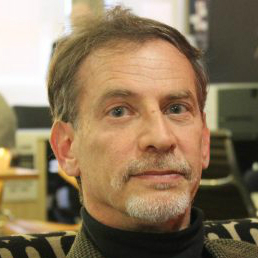
Darren Staloff
Darren Staloff is a retired Professor of History from the City College of New York and the Graduate Center of CUNY. Professor Staloff has published numerous papers and reviews on the subject of early American history.
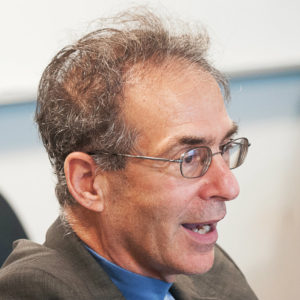
James W. Ceaser
James W. Ceaser is Harry F. Byrd Professor of Politics at the University of Virginia, where he has taught since 1976, and a senior fellow at the Hoover Institution. He has written several books on American politics and political thought, including Presidential Selection and Liberal Democracy and Political Science.
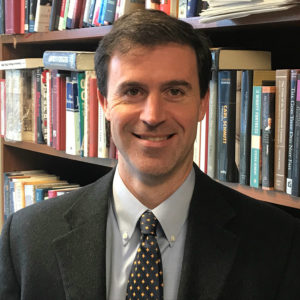
Richard M. Reinsch II
Richard M. Reinsch II is Editor-in-Chief and Director of Publications at AIER. He is coauthor, with the late Peter A. Lawler, of A Constitution in Full: The Unwritten Foundation of American Liberty.
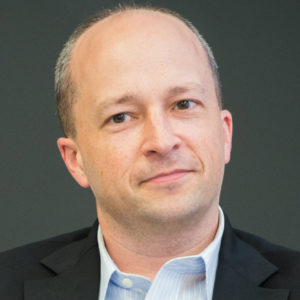
Yuval Levin
Yuval Levin is a Resident Scholar and Director of Social, Cultural, and Constitutional Studies at the American Enterprise Institute and the Editor of National Affairs magazine. Mr. Levin served on the White House domestic policy staff under President George W. Bush.

Ryan P. Hanley
Ryan Patrick Hanley is Professor of Political Science at Boston College. His research in the history of political philosophy focuses on the Enlightenment. He is the author of Our Great Purpose: Adam Smith on Living a Better Life and Love’s Enlightenment: Rethinking Charity in Modernity.